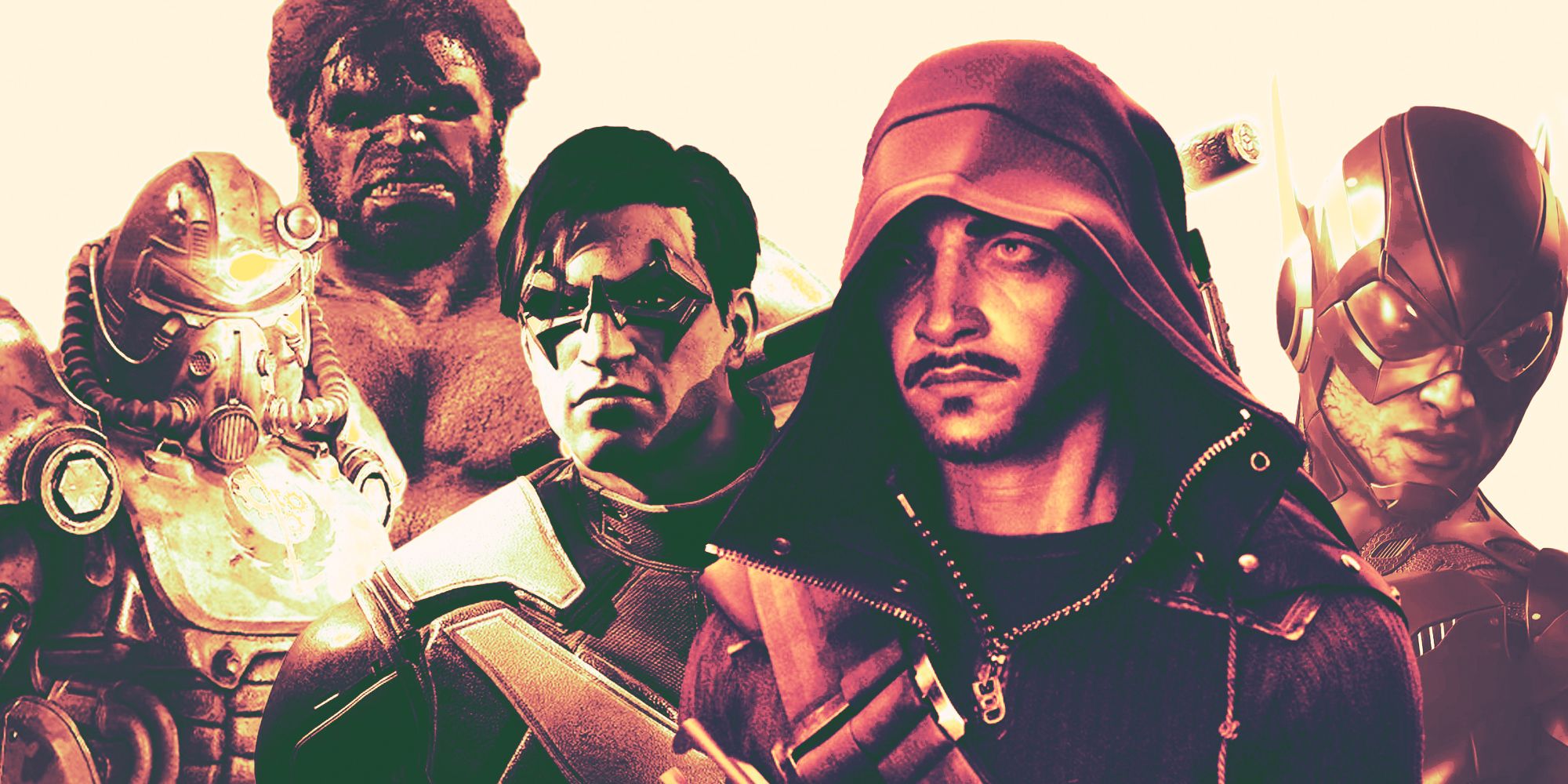
In the past half-decade, studios that were known for outstanding single-player experiences have pivoted hard toward making multiplayer games designed to be played forever. It has almost never worked out.
In 2018, Bethesda released Fallout 76, and the launch was so disastrous that it's taken years for the studio to rebuild the goodwill it enjoyed from The Elder Scrolls and Fallout franchises. Fallout 76 has since undergone a redemption arc and has a dedicated fanbase, but it only got there because Bethesda has gradually undone the decisions that made it different from the single-player Fallout games in the first place.
RELATED: Everyone Wants To Copy Destiny, But No One Understands Why Destiny Works
BioWare, beloved for the Mass Effect and Dragon Age series of single-player RPGs, tried their hand at a Destiny-like in 2019 with Anthem. The game wasn’t well-received at launch, failed, and was quickly abandoned as BioWare moved back to focusing on its two cornerstone single-player series again.
In 2020, Crystal Dynamics launched Marvel’s Avengers, a similarly decisive turn away from the single-player Tomb Raider games that earned the studio a sizable fanbase in the 2010s. That game has already received its final update.
Rocksteady, which made the excellent Batman: Arkham games, has spent the past eight years working on Suicide Squad: Kill The Justice League, which would seem to be in its wheelhouse after a trilogy starring the Caped Crusader. But fans reacted so negatively to its gameplay reveal that Suicide Squad was delayed into 2024. Bizarrely, that's not even the only DC licensed game developed by an ex-Batman: Arkham studio to get this kind of reception. Last year, WB Games Montréal's Batman: Arkham Origins follow-up, Gotham Knights, launched to terrible reviews and, if the steep discount it received shortly after launch is any indication, low sales too.
Into this morass, Arkane has released Redfall. The looter-shooter isn’t a game as a service per se, but it is a cooperative experience with tiered loot designed to be played with friends coming from a studio that, until now, has largely been known for best-in-class single-player immersive sims. The game has gotten the worst reviews in Arkane’s history, with many critics noting that it feels unfinished and that its inclusion of four-player co-op undercuts Arkane’s renowned level design.
As Eric Switzer noted in his piece comparing Redfall to Anthem, this is another instance of a studio abandoning the things that made it special to chase a trend. Whether Bethesda pushed Arkane to make Redfall or Arkane made the choice to make something more straightforwardly commercial, the result is the same one we’ve seen over and over in the past few years – a studio has marred its reputation and muddied its identity for a shot at mainstream success, only to produce its greatest failure in the process.
That’s the thing about these pivots: they almost never work. Everyone is chasing the model that Bungie established with Destiny, but very few studios have the pedigree that Bungie had when it began developing its game as a service. Arkane isn’t a lesser developer, but it was far less prepared to make this kind of game. Bungie’s Halo games already included single-player, campaign co-op, and competitive multiplayer. Destiny was a new kind of game for the studio, but it was made up of parts Bungie had built games from before.
When single-player studios attempt to pivot to live-service games, they're taking a massive risk that has, so far, only paid off in a few cases. The money behind-the-scenes may be pushing for it, but at this point, you have to wonder why. These games cost a ton to make, rarely make their money back, and then, embarrassingly, get scuttled a year or two down the line. Is it really worth it?
Increasingly, it seems like the answer is no. WB Games Montréal is already working on a new DC game that ditches the cooperative element. BioWare and Bethesda both have two single-player RPGs in the works each. We don't know what's next for Rocksteady, but by the time Suicide Squad: Kill The Justice League comes out, the studio will have gone nine years without a release. I only hope it doesn't take Arkane that long to correct its course.
NEXT: Live Service Games Are Dead, Long Live Live Service Games













